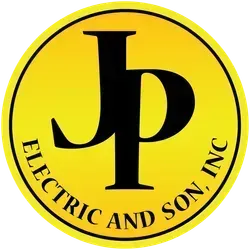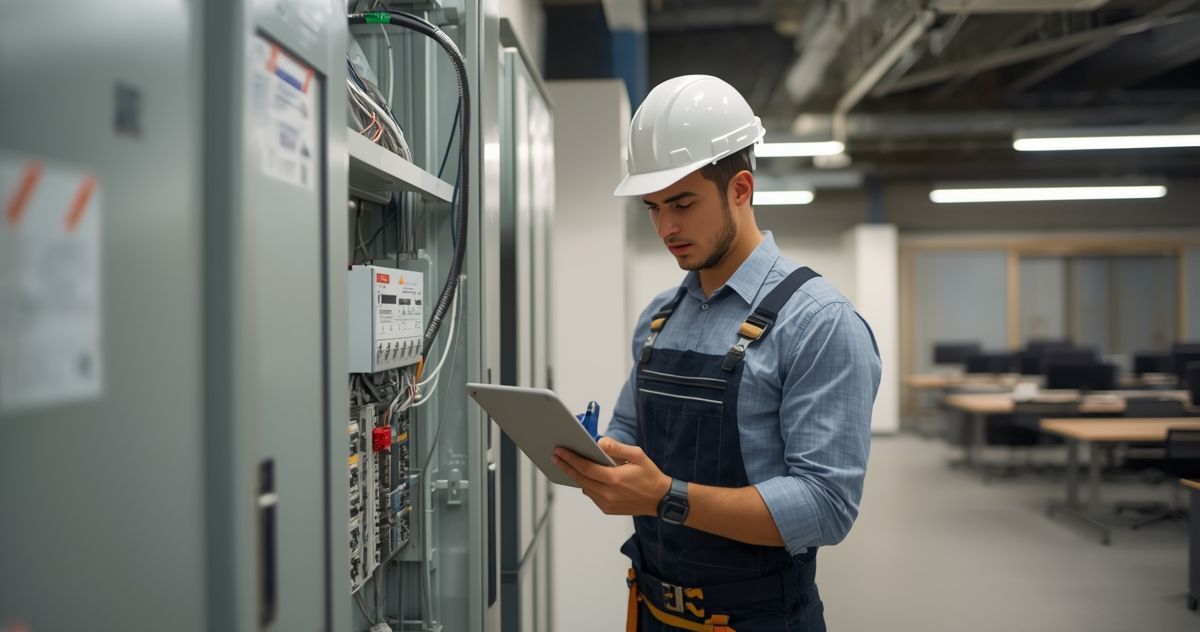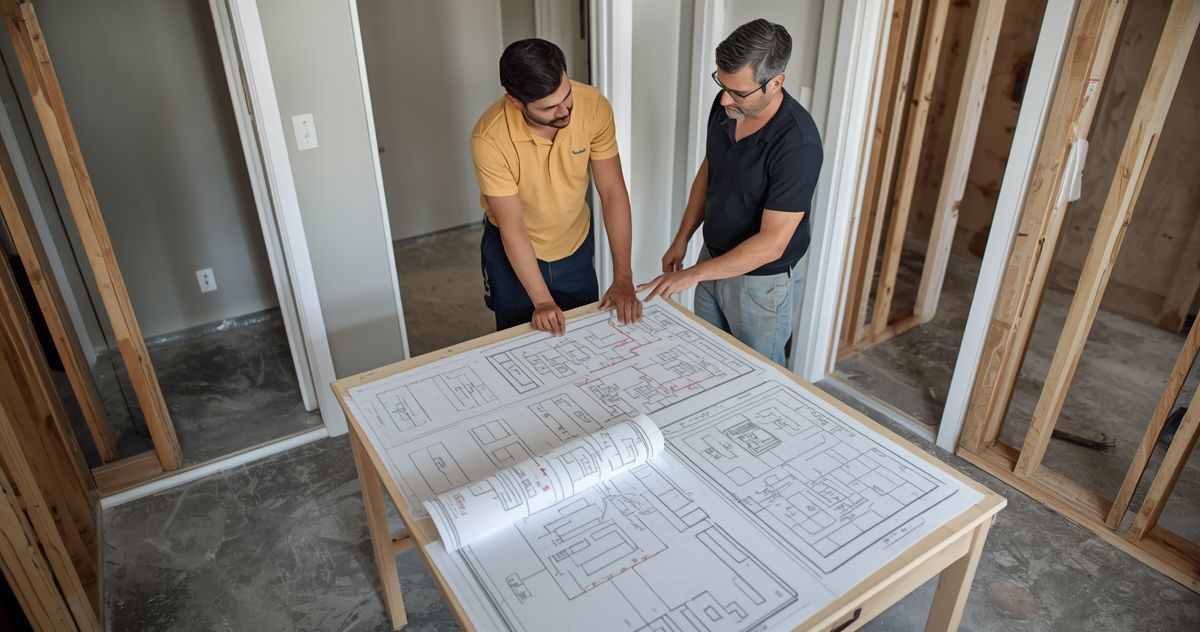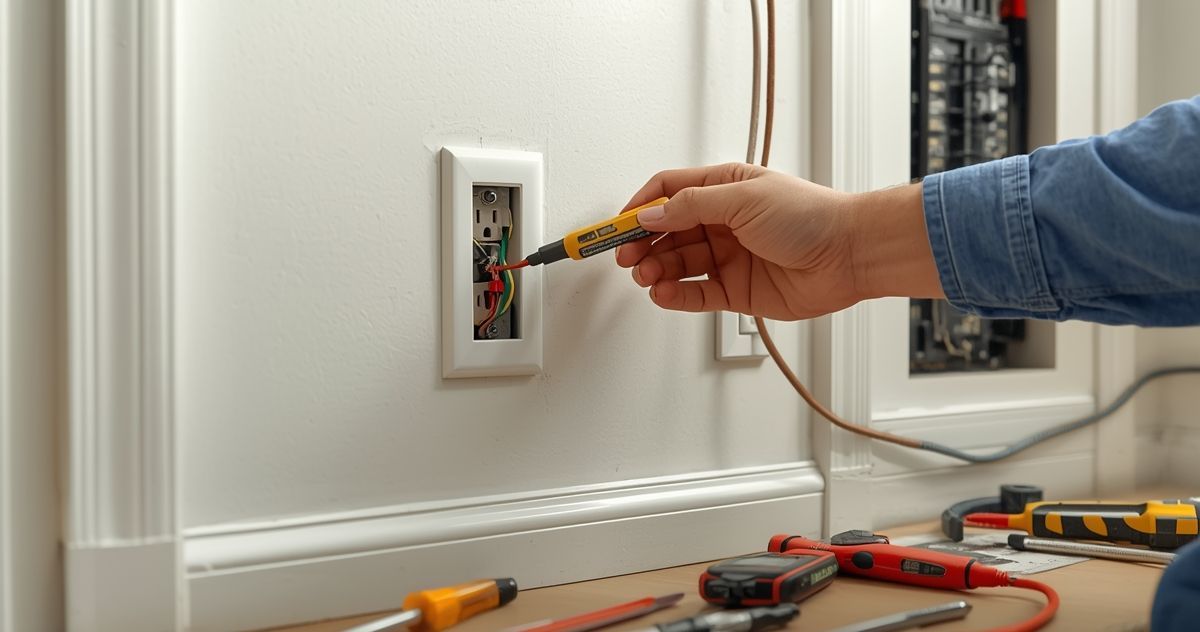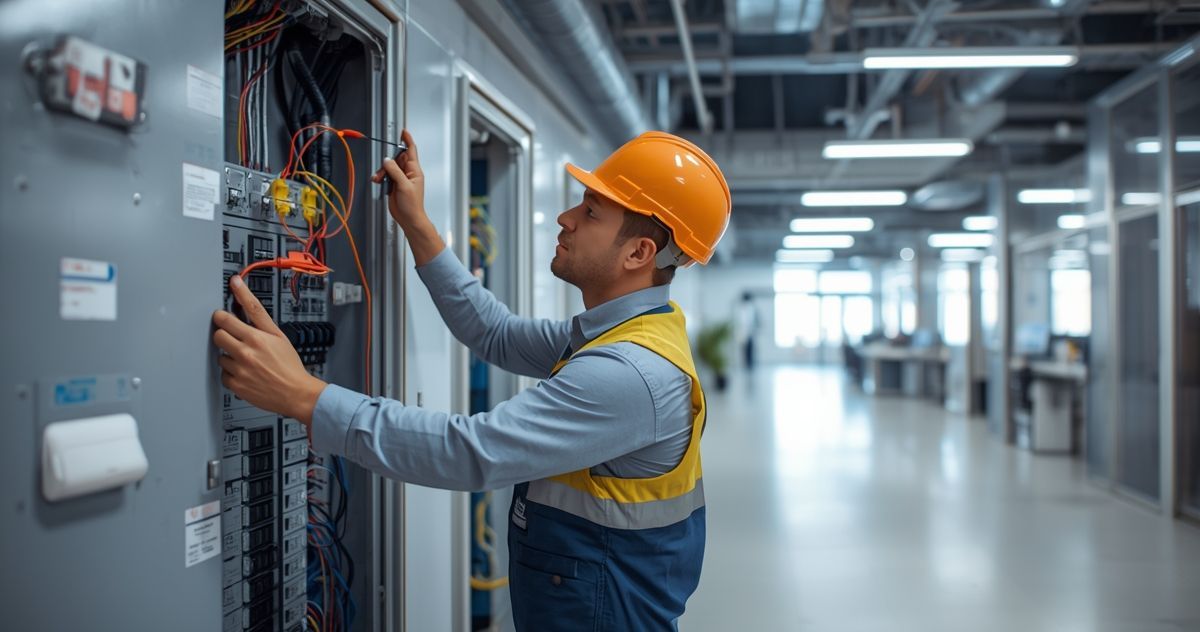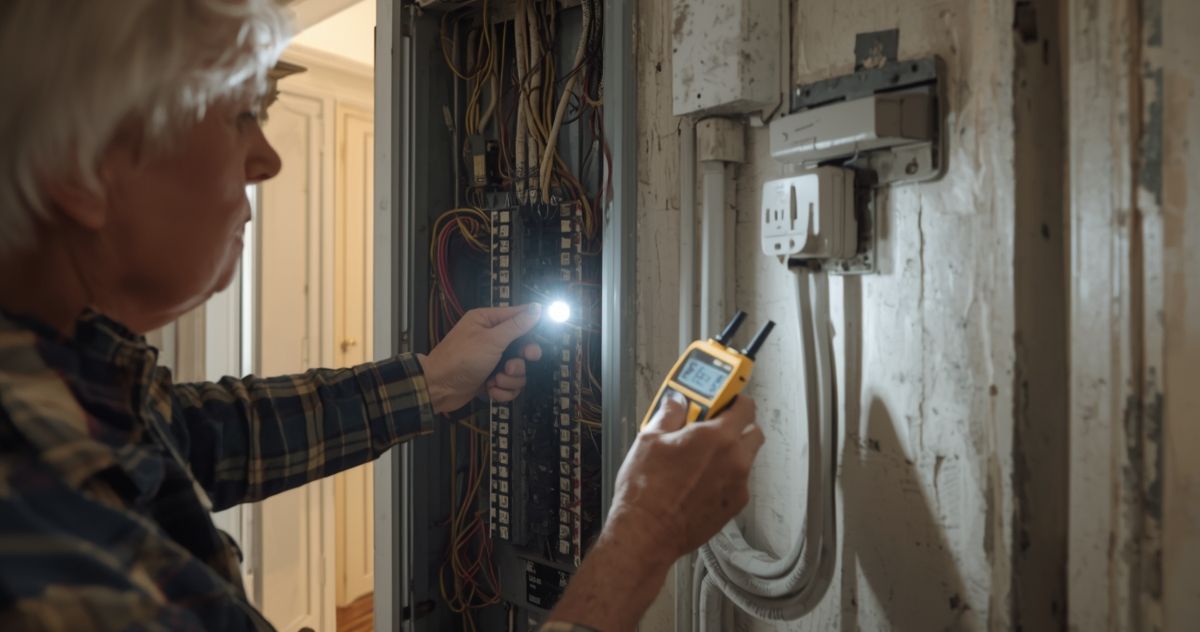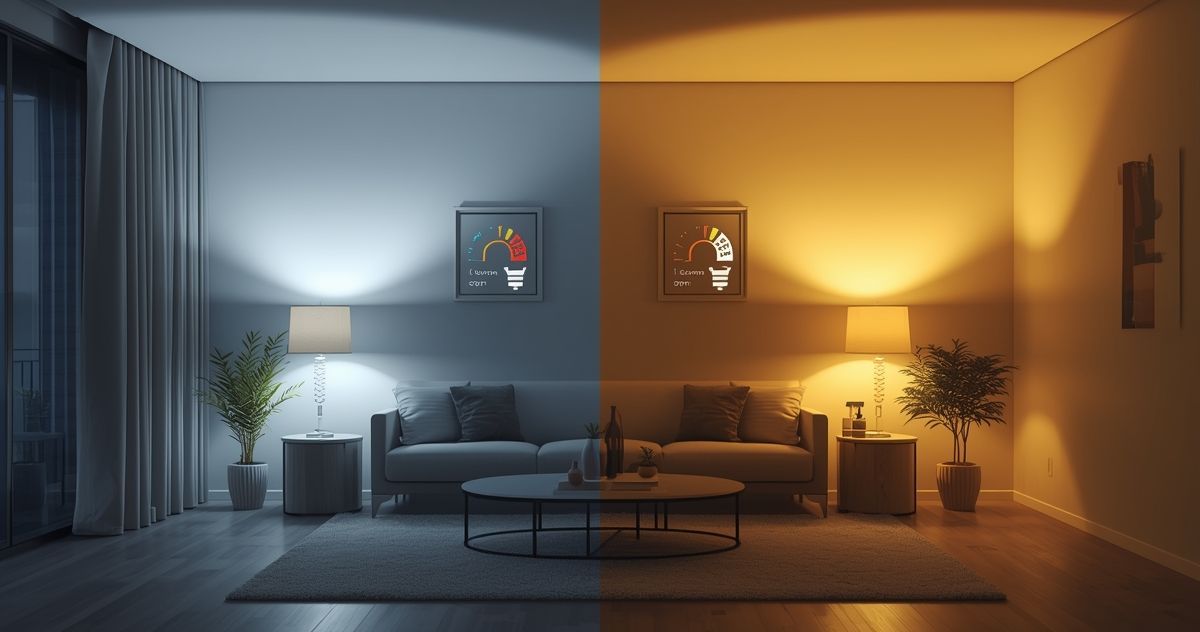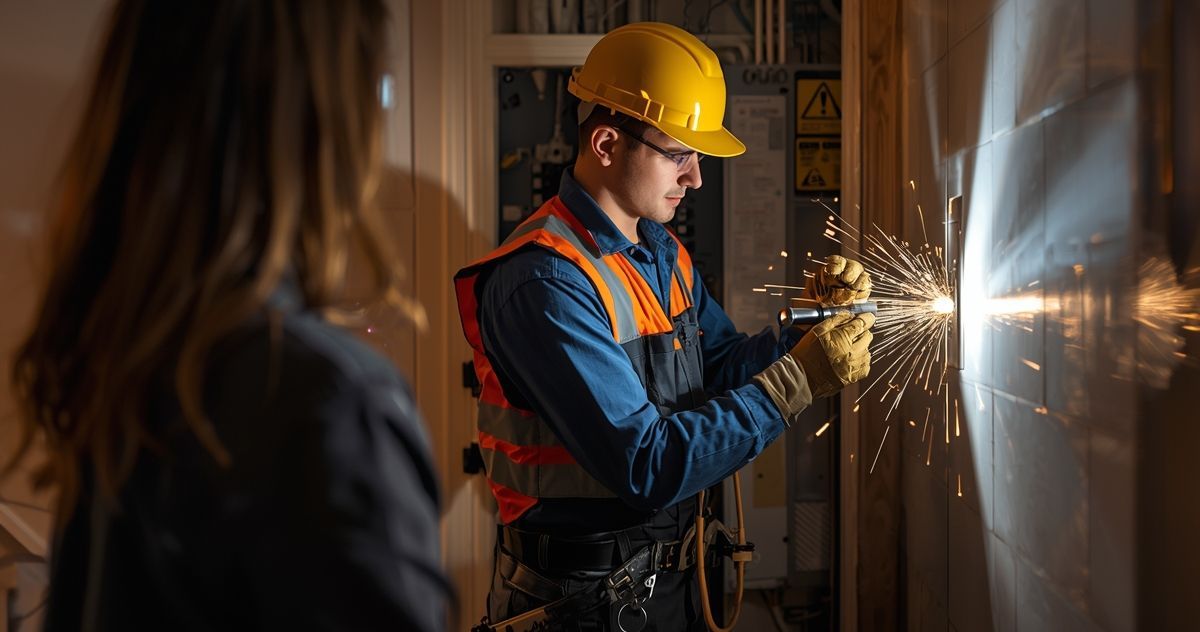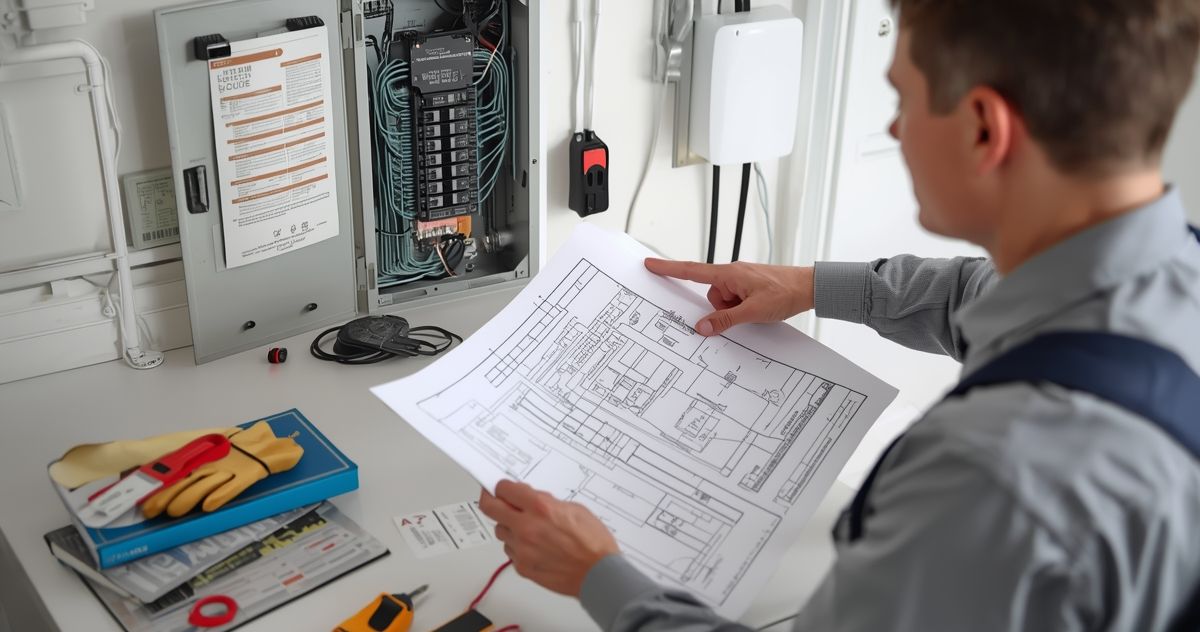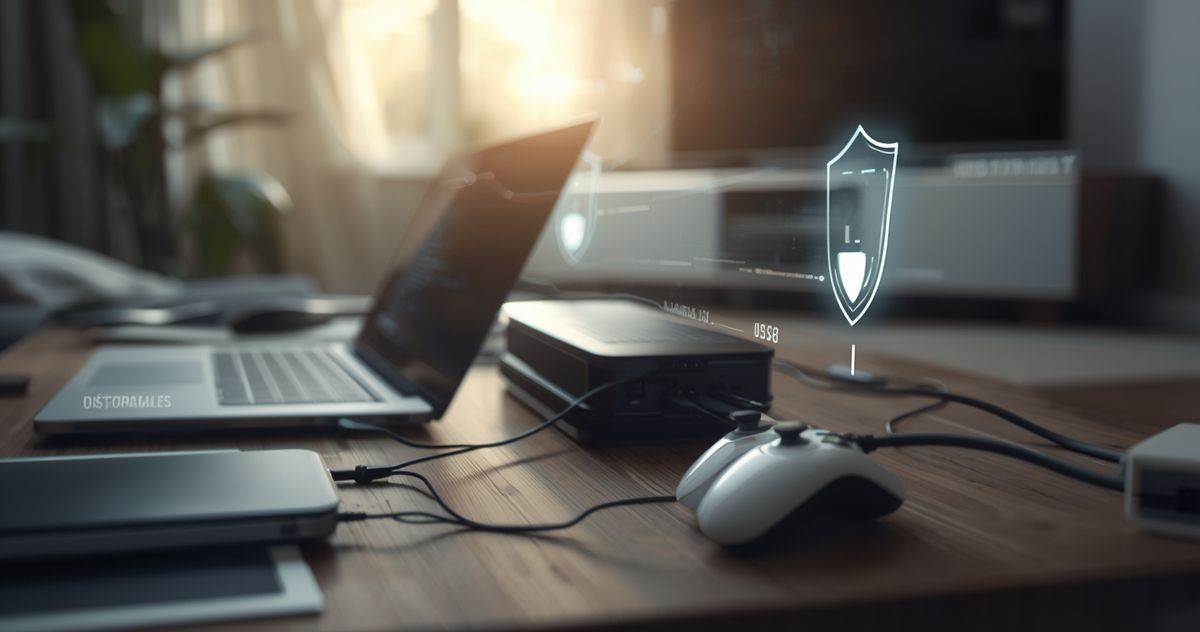Common Mistakes in Pool Grounding and Bonding (And How to Avoid Them)
Ensuring a safe and well-functioning pool goes beyond regular cleaning and maintenance. The electrical system associated with your pool, particularly grounding and bonding, plays a critical role in its safety and efficiency. Improper grounding and bonding not only pose a risk to swimmers but can also lead to expensive electrical system damage and code violations.
This post will explore six of the most common mistakes made in pool grounding and bonding and help you understand how to sidestep them to protect your family, property, and pocket.
Mistake 2: Improper Grounding Electrode System
Another common error is using an inadequate grounding electrode system. This critical system provides a safe path for electricity to flow into the ground, preventing surges and electrical shock.
While many homeowners rely solely on their pool's pump to act as a grounding system, this often doesn’t meet safety requirements or provide optimal protection.
How to Avoid It
Hire a professional to install a dedicated grounding electrode system for your pool. Ensure that it adheres to the National Electrical Code (NEC) and local regulations to provide proper protection against electrical currents.
Mistake 3: Using the Wrong Size Wire
Using incorrectly sized wires in your pool's grounding and bonding system can lead to overheating, electrical fires, and equipment failure. Wire sizing depends on factors like the length of the run and the electrical load it will carry.
Many DIY pool owners or inexperienced contractors opt for smaller gauge wires to save money, but this poses a significant safety risk.
How to Avoid It
Always refer to NEC guidelines or consult a
licensed electrician to determine the correct wire size for your specific setup. A professional will factor in all the necessary variables to ensure the wires can handle the load safely and efficiently.
Mistake 4: Not Following Local Electrical Codes
Skipping local code compliance is another significant error. Electrical codes vary by state and municipality, and failing to adhere to these rules can result in hefty fines or even require you to redo the entire installation.
Improper code compliance often stems from a lack of awareness, particularly for DIY installation projects.
How to Avoid It
Before starting any work, familiarize yourself with your local electrical codes or hire a licensed electrician with expertise in pool grounding and bonding. A professional ensures that your pool's electrical system complies with NEC and local standards.
Mistake 5: Ignoring Corrosion
Over time, exposure to water and chemicals can cause bonding and grounding components to corrode. Corroded wiring or connectors can compromise the safety and efficiency of your pool's electrical system, increasing the risk of failures.
Unfortunately, many pool owners overlook regular inspections, allowing corrosion to worsen unnoticed.
How to Avoid It
Regularly inspect all bonding and grounding components for signs of rust, discoloration, or damage. Ensure that all equipment is rated for outdoor or pool use and resistant to corrosion. If you spot any signs of wear, replace the affected components immediately.
Mistake 6: Improperly Installed or Damaged Equipment
Faulty installation of pool equipment, such as pumps, heaters, and lighting, is a frequent issue. Equipment that is poorly installed or damaged can disrupt the grounding and bonding system, increasing the risk of electrical hazards.
Improperly installed components may not be correctly bonded to the overall grounding network, making them potential points of danger.
How to Avoid It
Always rely on certified professionals when installing or repairing pool equipment. Check that all components are connected properly to the bonding system during installation and inspect periodically to ensure they remain in good condition.
Proper Pool Grounding and Bonding Equals Safer Swimming
Grounding and bonding mistakes, while often overlooked, can have serious safety implications for your pool. A properly grounded and bonded system not only protects swimmers from electrical hazards but also ensures your pool operates efficiently and meets compliance regulations.
If you're unsure about the state of your pool's grounding and bonding, JP Electric and Son is here to help. With over 13 years of experience, our licensed electricians specialize in pool electrical systems and adhere to the highest safety standards. Contact us today to schedule a professional inspection and ensure your pool is a safe haven for everyone.
